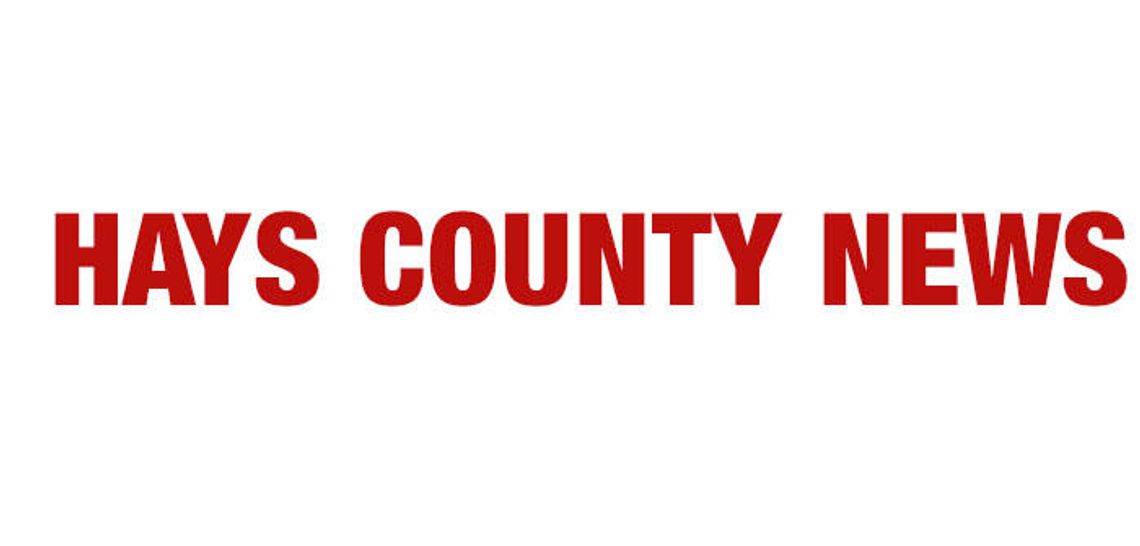By Sahar Chmais
HAYS COUNTY -- With power outages still rolling, water pipes bursting and roads pummeled in snow and ice, residents are in need of some help.
Below is a list of ways residents can help others and locations for residents to seek help. Cities are also putting out notices on what residents should do.
If you or someone you know is in need of a place for warmth and shelter, please visit the www.haysinformed.com website. This link has a list of places. Call in advance to make sure these locations have room to assist.
- H.O.M.E Center, call or text this number, 512-270-8344.
- Southside Community Center, located at 518 S Guadalupe St. in San Marcos. Call 512-557-0795.
- First Baptist Church of Wimberley, located at 15951 Winters Mill Pkwy. Call 432-634-2364.
- Westover Baptist Church in San Marcos. Call 512-2144-2258.
- Salvation Army, located in San Marcos at 300 S CM Allen Parkway, Ste. 100. Call 512-938-2596.
- Dripping Springs United Methodist Church, located at 28900 RR 12. Call 512-849-7123.
- Kyle United Methodist Church, located at 408 West Lockhart Street. Call 512-415-6708.
- Hays Hills Baptist Church in Buda. Call 512-845-3864.
- Austin Disaster Relief Network. Call 512-806-0800 for additional warming centers.
Warming stations will run today, Feb. 16, until 7 p.m. The busses will need to leave every few hours to refuel. Bus locations include:
- Hays Hills Baptist Church, located at 1401 N FM 1626 in Buda.
- Kyle United Methodist Church, located at 408 W Lockhart Street.
- Creekside Villas Senior Living, located at 590 FM 967 in Buda.
- Silverado Crossing Apartments, located at 1480 Cabela's Drive in Buda.
For additional resources, the Hays CISD Little Hope Box has food, scarves and gloves available. This food pantry is available at 3839B E.FM 150 in Kyle, next to Simon Middle School.
To help those in need of shelter:
- Donate to H.O.M.E Center. Venmo @home-center (use 1732 as the phone digits to confirm) or Pay-Pal [email protected]
- Donate to the Salvation Army at this link.
- Southside Community Center is also accepting donations.
State Representative Erin Zwiener of District 45 has also made a Facebook post asking Hays and Blanco Counties residents who have been without power consistently since Feb. 15 to comment on her post so she can better understand the lay of the land. She has shared the list with relevant power providers, but is unsure what the follow up will look like.
Zwiener’s post states the following:
“Edit for Clarification: I’m sorry, but I’m just asking for Hays and Blanco Counties. I wish I had the capacity to work on this for the entire state, but I don’t. Hey y’all, I’ve heard from a few areas that have been consistently without power since yesterday. I want to understand the lay of the land better. If you’ve had no power (or less than two hours of power) since yesterday morning, please let me know where you are, how long it’s been, and who your provider is.”
Zwiener hopes that providers will at least get some clarification to residents of the communities that reached out if there is no chance of their power being restored soon.
Hays County leaders are asking residents to conserve water and energy and to stay home if possible.
The city of Kyle is asking that all water use be suspended until further notice, unless needed for emergencies. This includes dripping faucets to prevent bursting pipes and for drinking. In a social media statement, the city stated that the service from GBRA of Texas, Kyle’s surface water supplier, has been brought back online, power outages locally have prevented full water service from being restored. The city is close to running out of water.
The city of Buda is also requesting for their water supply customers to limit water usage as much as possible for the same reasons as the city of Kyle.
Buda has set up a phone bank for residents to call and report needs associated with severe winter weather. This is only available to residents living in the Buda City Limits and not in the ETJ. Call 512-523-8900 to report frozen water pipes, extended power outages of 12 hours or more not related to the rolling blackouts and other issues or needs related to the storm.










